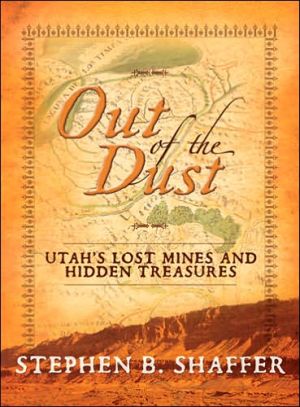Negotiating Mining Agreements
Mining agreements often reflect governments' political aspirations. To allow their deals to conclude with minimum risk and maximum benefit, mining investors must know and understand the priorities of the governments of the countries involved and their implications. The form and substance of mining agreements vary considerably and may be adapted to suit a country's particular legal and socioeconomic framework and the peculiarities of the sector of the mining industry concerned.\ Developing...
Search in google:
Mining agreements often reflect governments' political aspirations. To allow their deals to conclude with minimum risk and maximum benefit, mining investors must know and understand the priorities of the governments of the countries involved and their implications. The form and substance of mining agreements vary considerably and may be adapted to suit a country's particular legal and socioeconomic framework and the peculiarities of the sector of the mining industry concerned. Developing countries are now relentlessly competing for investment funds, offering attractive conditions for transnational mining companies. In developed countries, on the other hand, the desire to protect the environment and to guarantee or restore indigenous rights have caused a refocusing of investment priorities. Negotiating Mining Agreements: Past, Present and Future Trends:• sets out the various forms a mining agreement can take; • examines the key role played by national political will in mining agreement negotiation through an analysis of mining agreement evolution in four host-countries - Australia, Chile, Indonesia and Papua New Guinea, all of which are (or have been) particularly attractive countries for foreign mineral investment; • explores the main trends in the evolution of mining agreement content over the past 30 years - including the dramatic increase in environmental requirements, the growing concern over indigenous rights, and the decrease in economic rent and equity shares; • traces the origin of these trends in the need to balance government policy with mining companies' need for stability, and explains how to write a mining agreement that will stand the test of time.
PrefaceAcknowledgementsTable of AbbreviationsTable of Statutory and Other MaterialsList of TablesCh. 1Introduction1Ch. 2Mineral Sector Regulatory Approach13Ch. 3Political Factors Affecting the Mining Agreement Bargaining Process61Ch. 4The Diversity in the Forms of Modern Mining Agreement Arising from Changes in Host-Countries' Political Will141Ch. 5How Trends in the Evolution of Mining Agreements Relate to Political Will159Ch. 6Host-Country's Changing Political will Versus TMCS' need for Stability223Ch. 7Findings, Viewpoint and Conclusions243Select Bibliography253Index255








